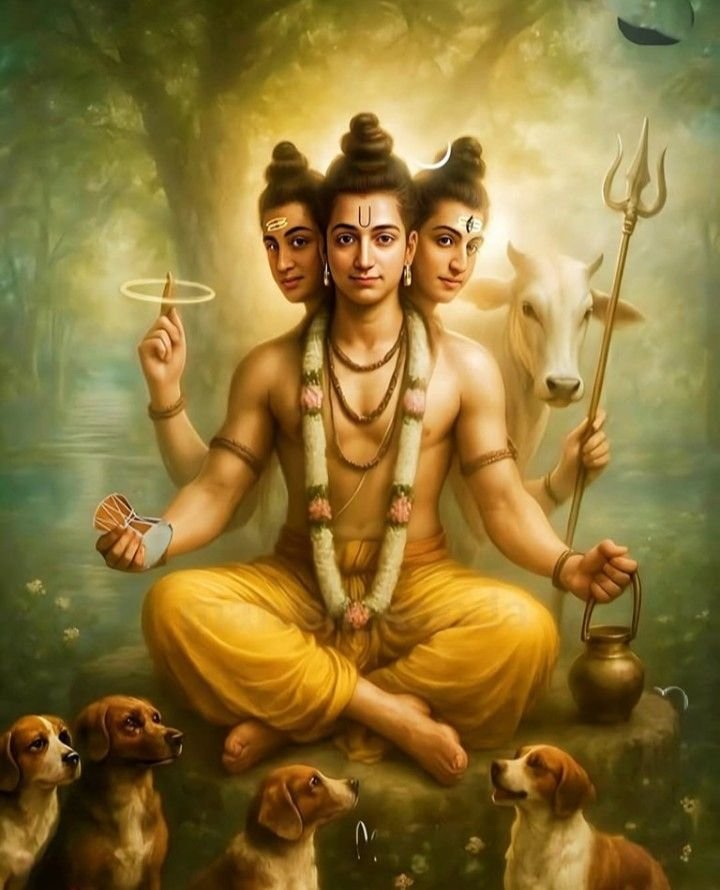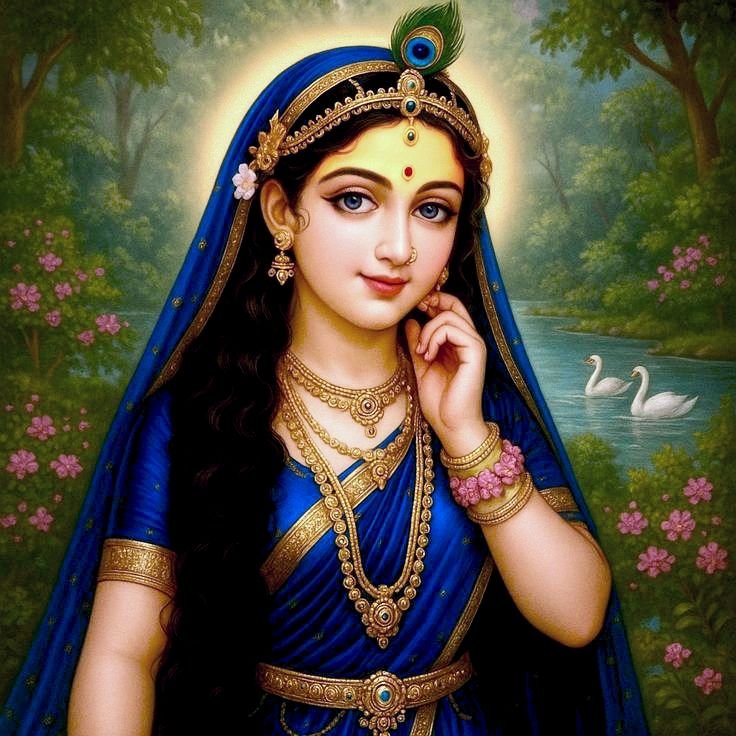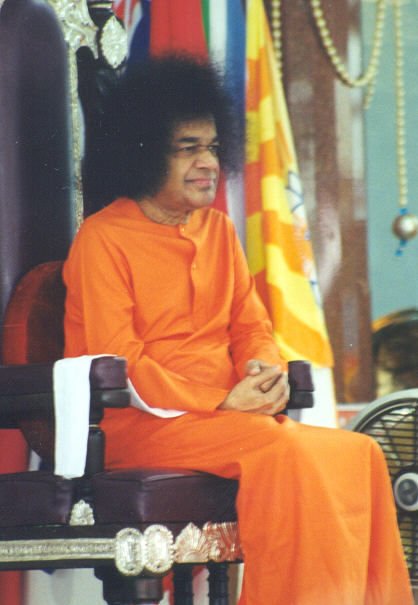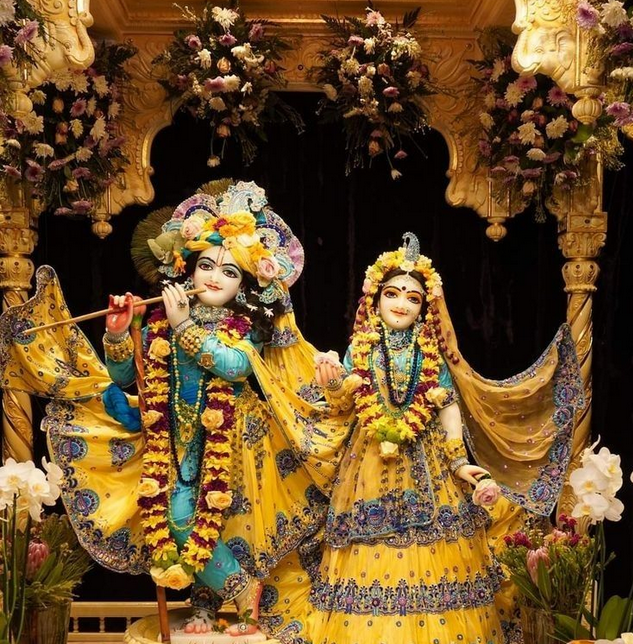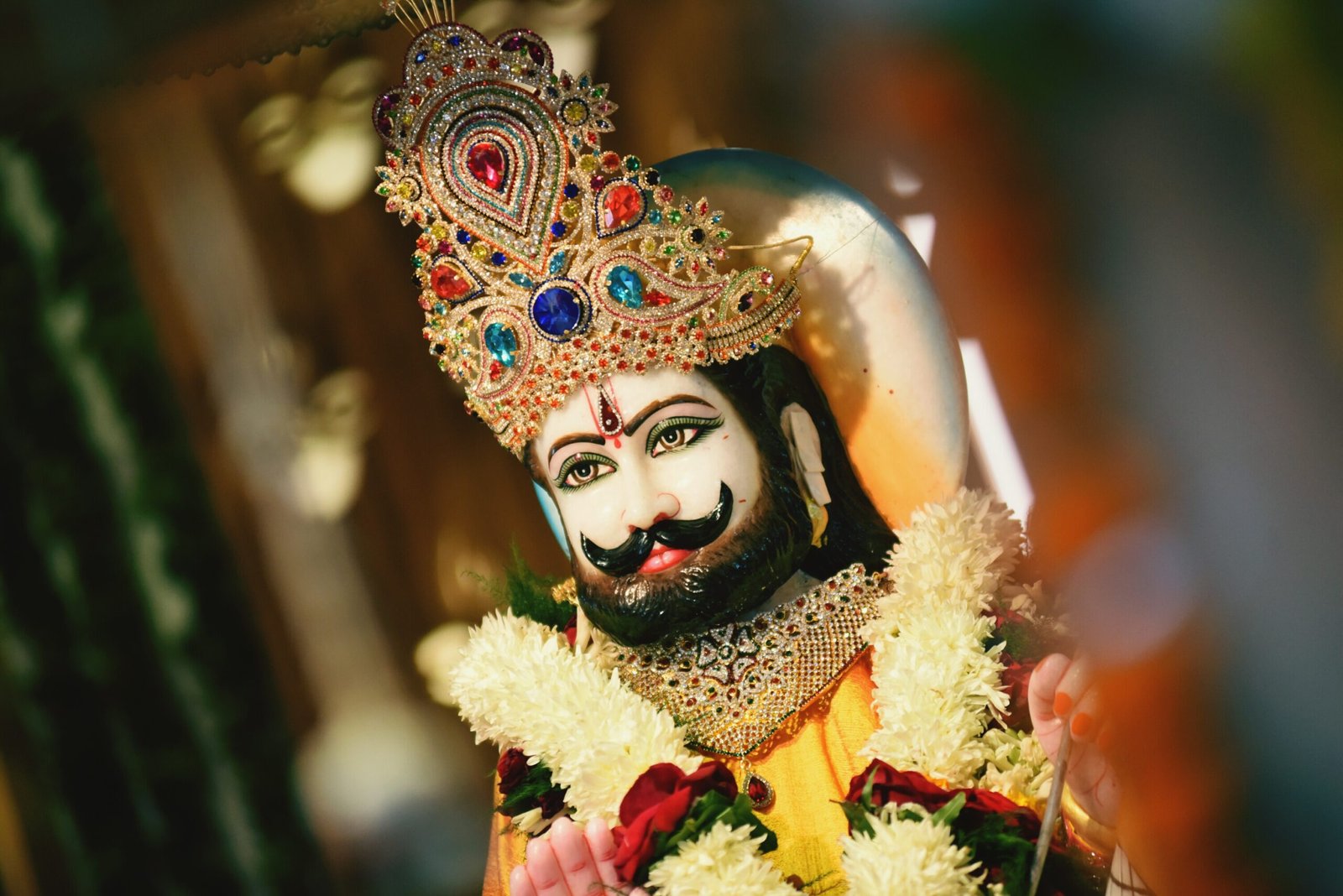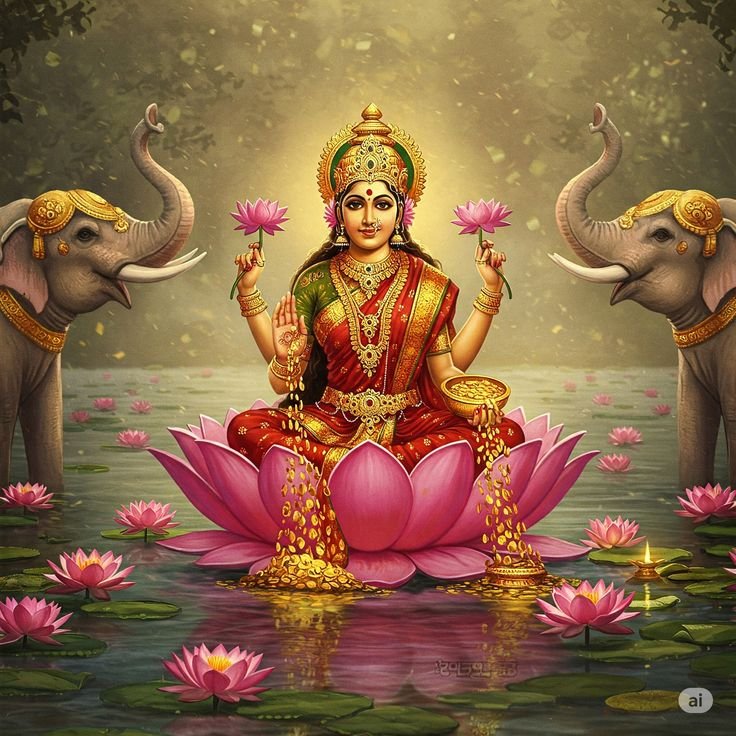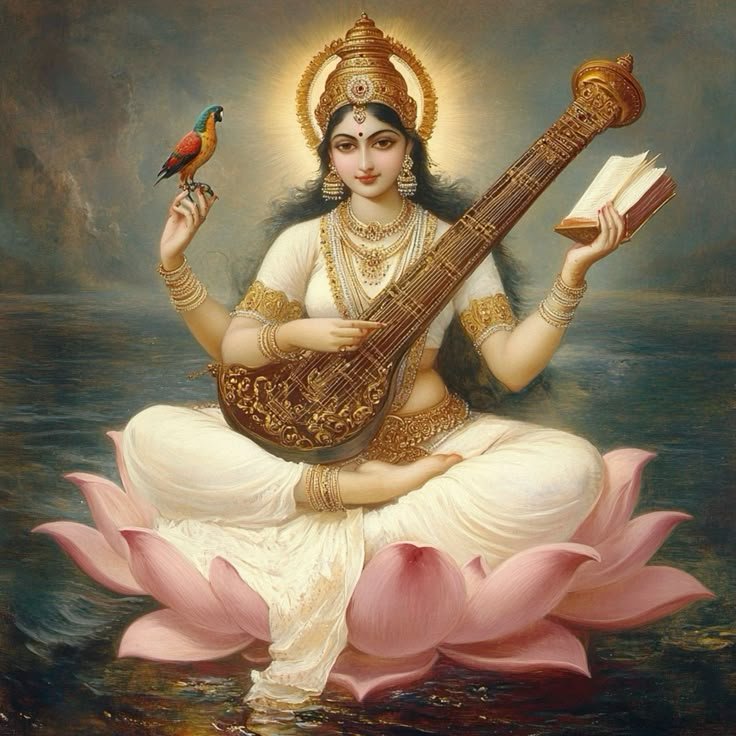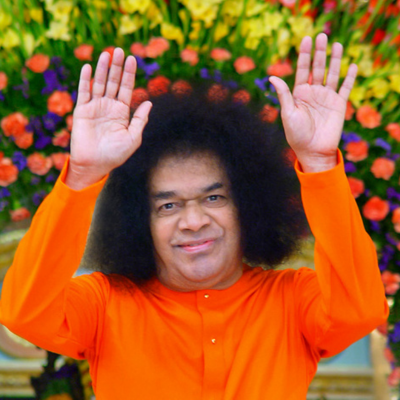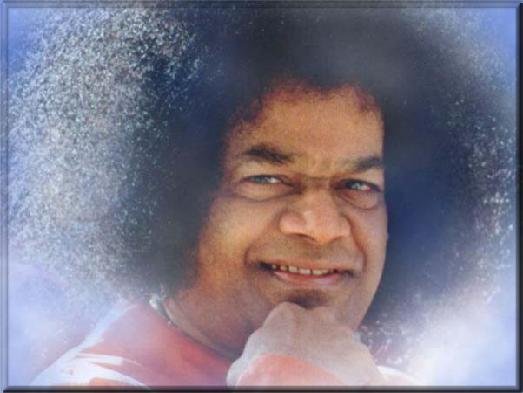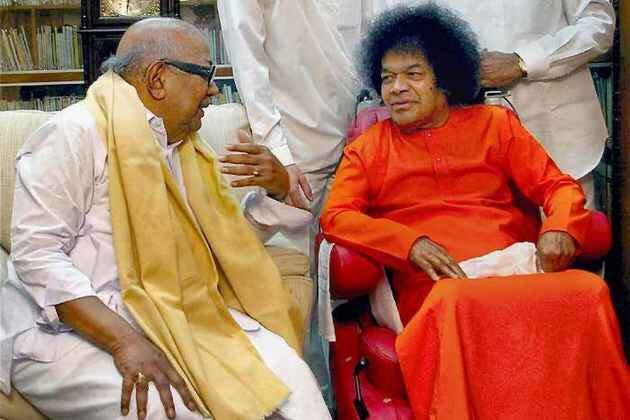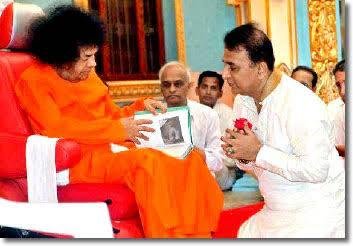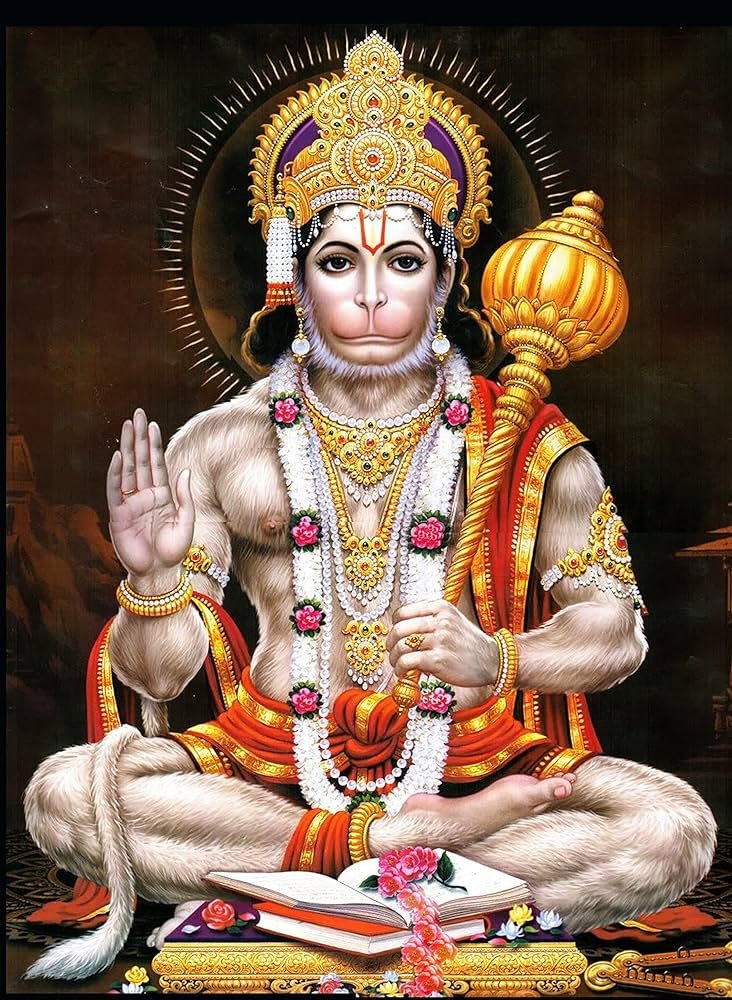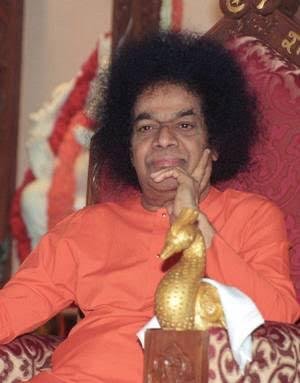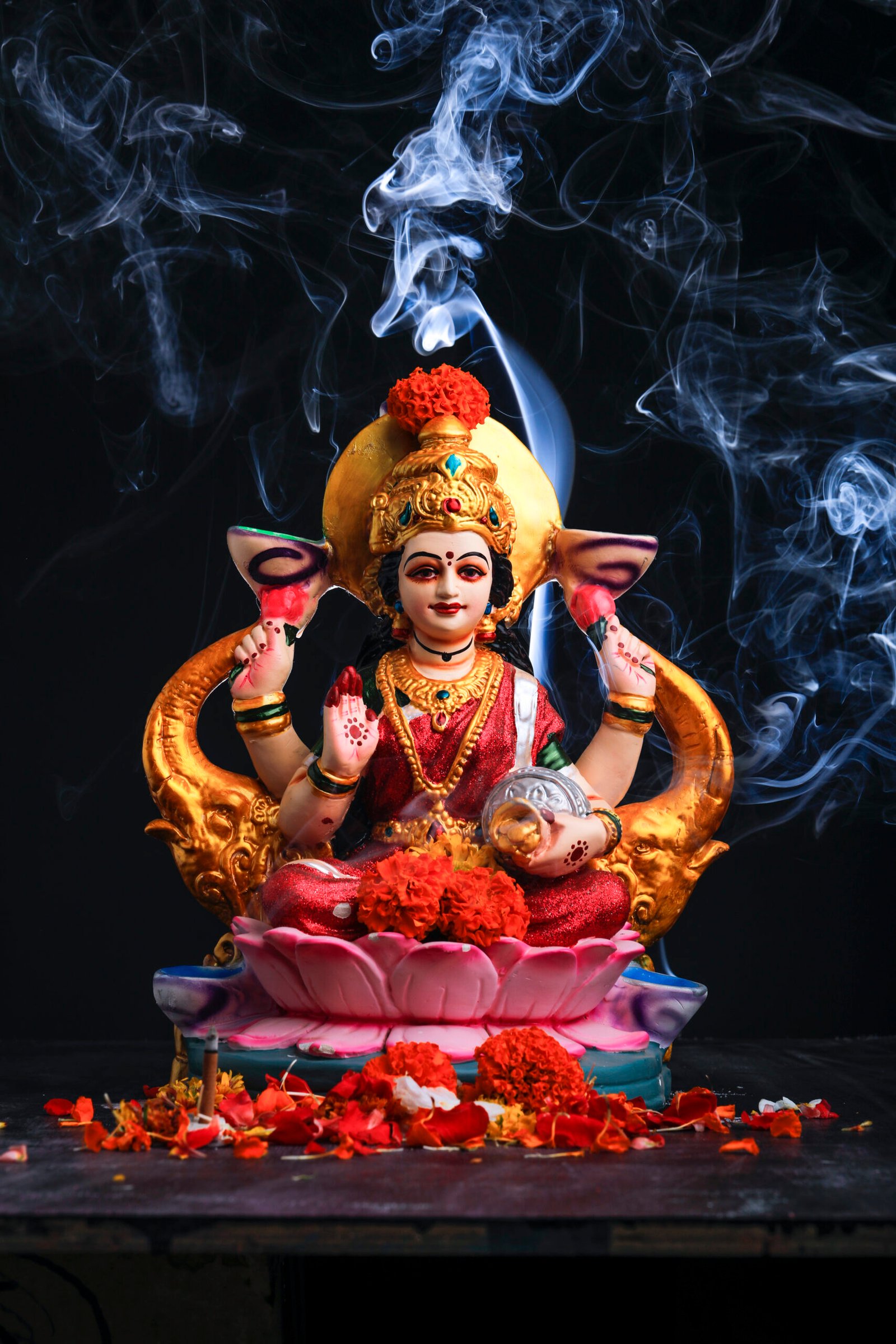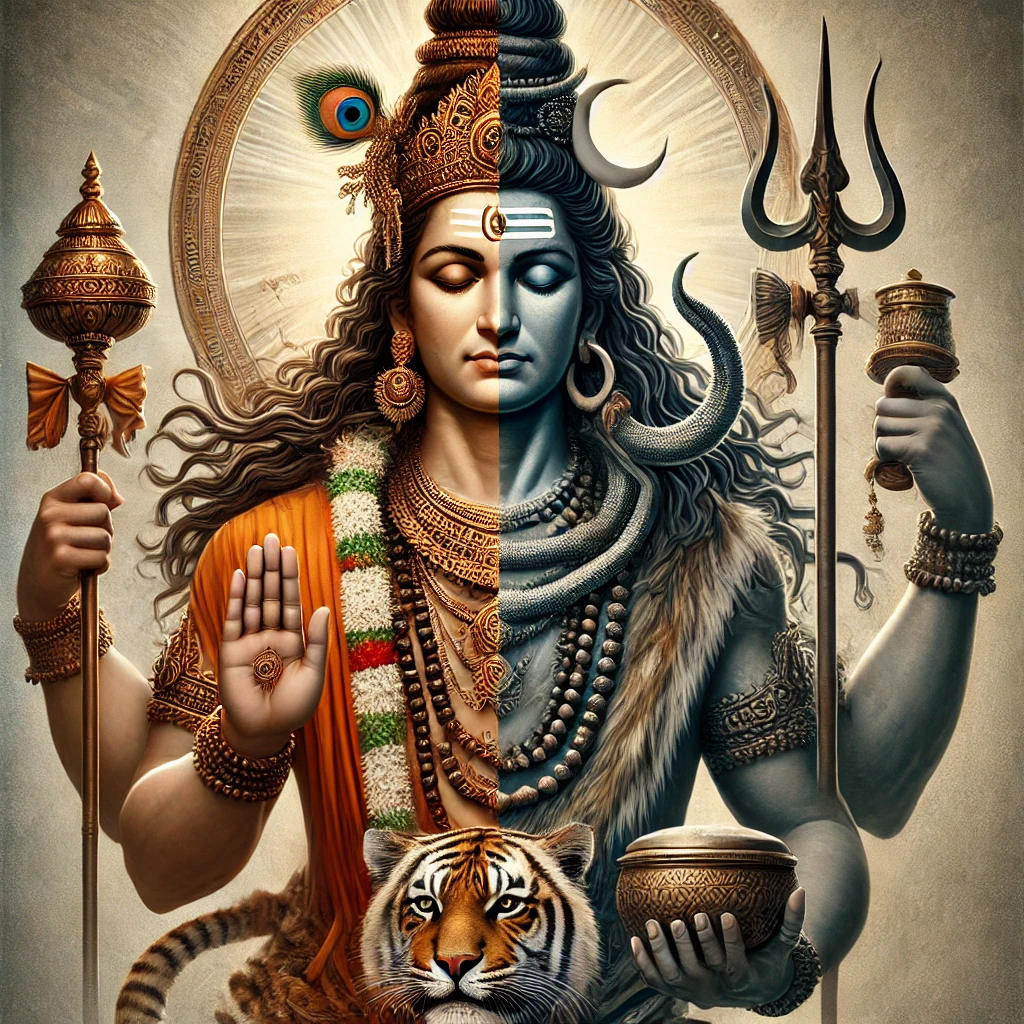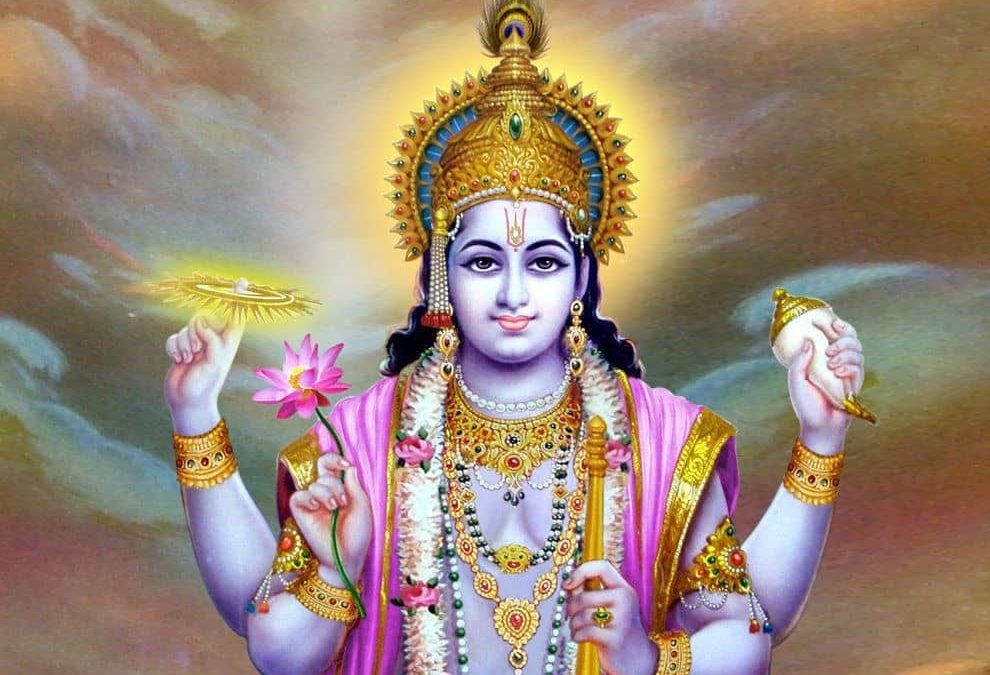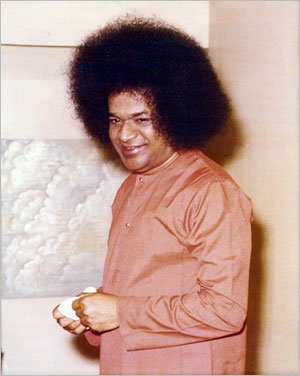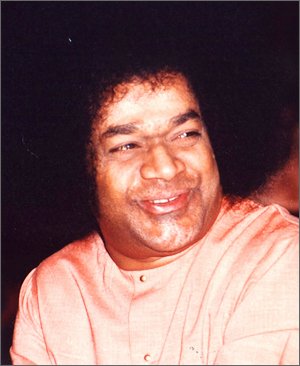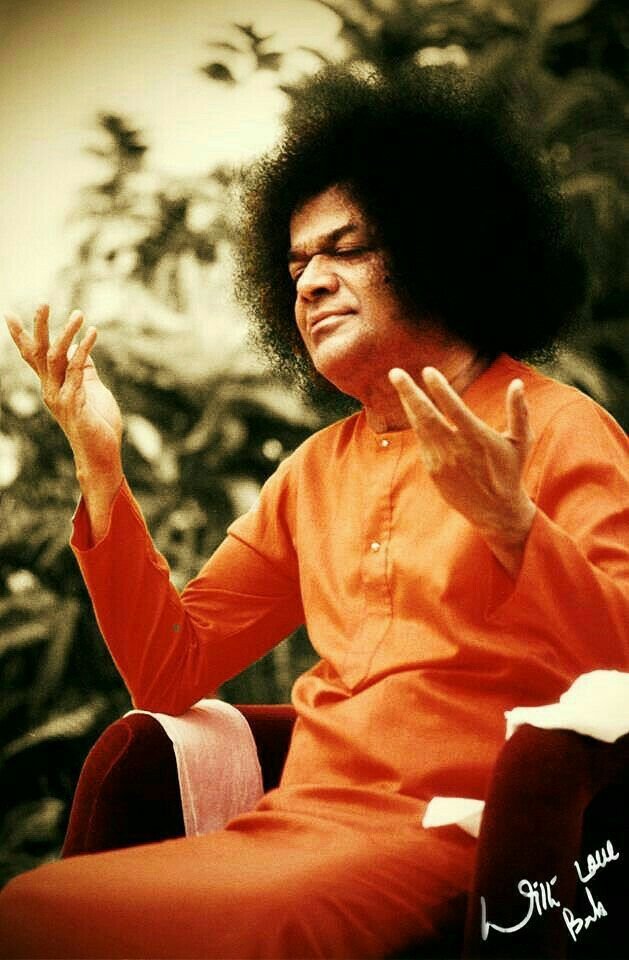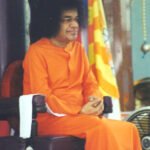Vyasa Smriti
Vyāsa Smriti
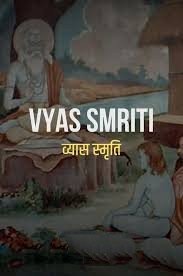
The Vyāsa Smriti, attributed to Sage Vyāsa—the legendary compiler of the Vedas and author of the Mahābhārata—is one of the traditional 18 Dharma Smritis. Compared to Manu, Yājñavalkya, Nārada, or Kātyāyana Smritis, the Vyāsa Smriti is shorter and less systematically preserved, but it carries great authority because of its association with Vyāsa, one of the greatest sages in Hindu tradition. The text is composed in verse form and deals with the three usual divisions of Dharmaśāstra: Ācāra (moral and social conduct), Vyavahāra (law and judicial matters), and Prāyaścitta (penances and expiations).
The content of the Vyāsa Smriti includes rules on daily duties, rituals, purification, marriage laws, inheritance, property division, social conduct, duties of kings, and punishments for crimes. It also emphasizes moral discipline, charity, and respect for elders and teachers, making it as much a guide for ethical living as a legal text. Its Prāyaścitta section is particularly noted for prescribing penances for various sins, both intentional and unintentional, reflecting the belief that spiritual purification is as important as legal justice. Some surviving verses also highlight the importance of truthfulness, non-violence, and devotion, aligning Vyāsa Smriti closely with the spiritual vision of the Mahābhārata.
In terms of historical significance, the Vyāsa Smriti was widely quoted by medieval digest writers (Nibandhakāras) such as Hemādri, Aparārka, and Mitramiśra. While it may not have been as dominant in courts of law as Yājñavalkya or Nārada Smriti, it was highly respected in matters of penance, purification, and domestic rituals. Because it blends law, ethics, and spirituality, it is often seen as a more balanced Dharmaśāstra—one that unites legal obligations with higher moral ideals.
Today, the Vyāsa Smriti is studied mainly through its quotations in later works, since a full manuscript is not widely available. Nevertheless, it stands as an important link in the tradition of Hindu Dharmaśāstras, valued both for its practical guidance and for carrying the spiritual authority of Sage Vyāsa.

